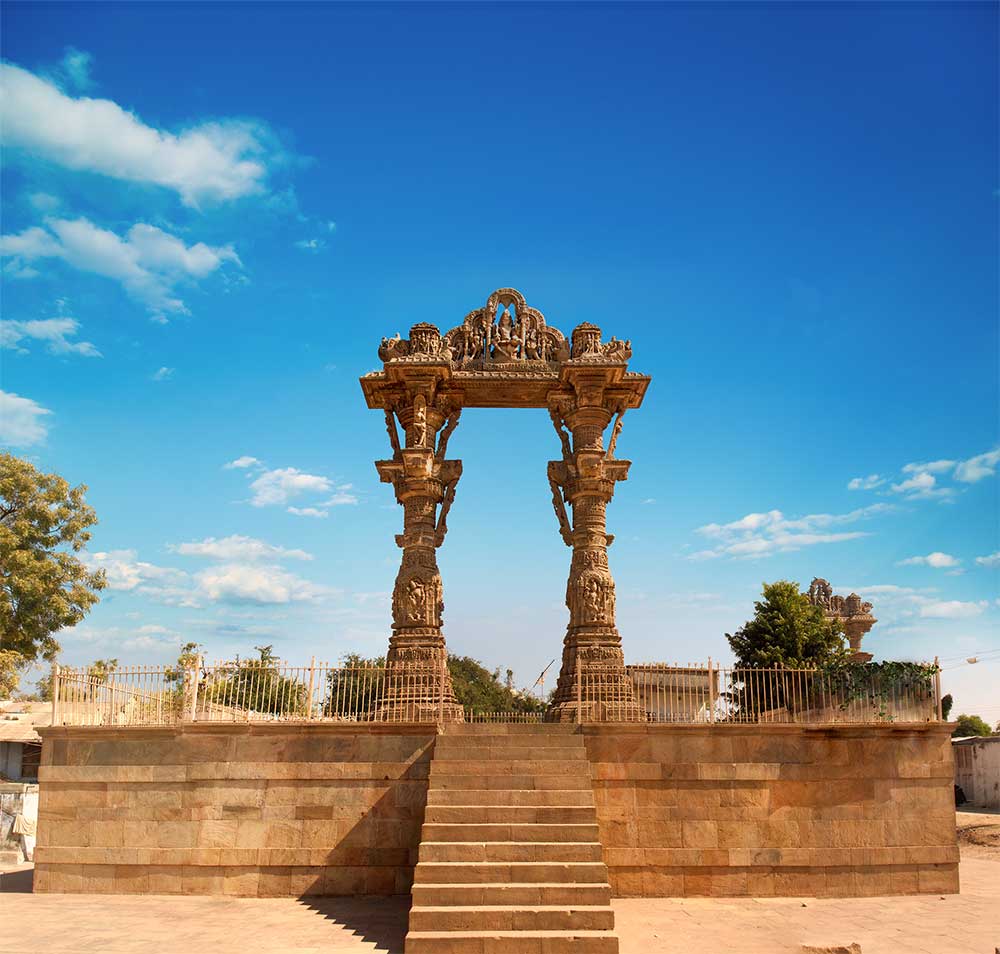Social Progress Index
Economic Advisory Council to Prime Minister (EAC-PM) released the Social Progress Index (SPI) for states and districts of India.
|
Top 3 Best-performing States |
Top 3 Best-performing Districts |
|
|
Puducherry |
(SPI - 65.99) |
Aizawl (Mizoram) |
|
Lakshadweep |
(SPI - 65.89) |
Solan (Himachal Pradesh) |
|
Goa |
(SPI - 65.53) |
Shimla (Himachal Pradesh) |
References
Three more sites from India have been added to the tentative list of UNCESO World Heritage Sites.
The UNESCO tentative list is an inventory of those properties which each State Party intends to consider for nomination.
Vadnagar is also known as the home town of PM Narendra Modi.

References
50,000 Amrit Sarovar ponds will be constructed additional to the planned a target of 50,000 Amrit Sarovar ponds by 15th August 2023.
References
Urban-20 2023 Event is organised by Ahmedabad under India’s presidency of G20.
References
Rule 267 of the Rajya Sabha rulebook has become the bone of contention in Rajya Sabha.
|
The Rajya Sabha rule book defines ‘Rule 267’ under ‘suspension of rules’ as an instance where “any Member, may, with the consent of the Chairman, move that any rule may be suspended in its application to a motion related to the business listed before the council of that day and if the motion is carried, the rule in question shall be suspended for the time- being.” |
|
Vice-President (Chairman of Rajya Sabha) |
Number of times invoked |
To Debate |
|
Shankar Dayal Sharma (1987 -1992) |
4 times (between 1990 to 1992) |
|
|
Bharon Singh Shekhawat (2002-2007) |
3 times (In 2004) |
|
|
Hamid Ansari (2007-2012 & 2012-2017) |
4 times |
|
References